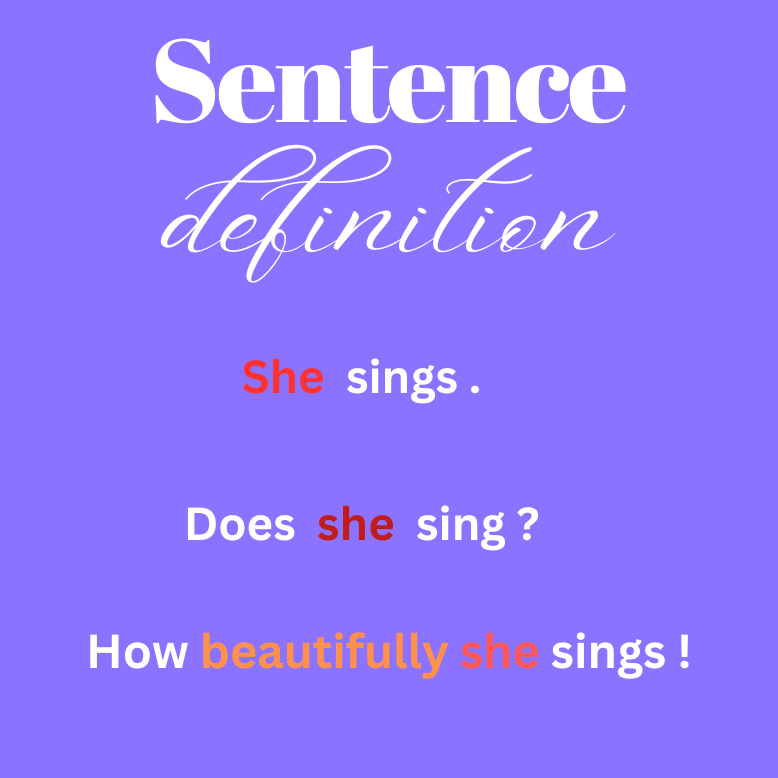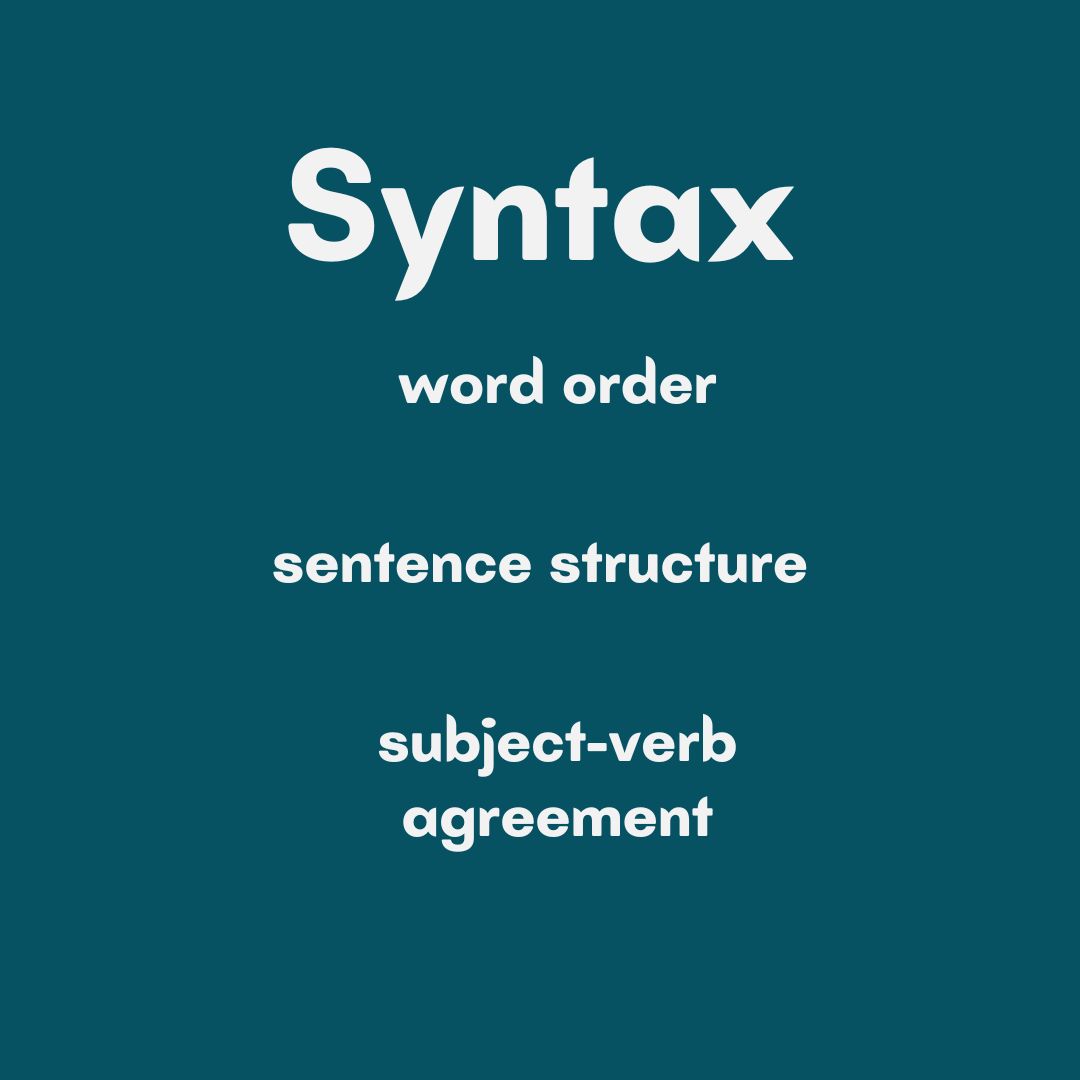Tag: subject

Subject of a Sentence. Types for definition
The subject is the part of the sentence that typically indicates who or what the sentence is about. The subject of a sentence can answer the questions who? and what? It can be expressed using various forms, including nouns, pronouns, infinitives, gerunds, numerals, and other words or combinations that function as nouns.

Simple Sentence – Unextended and Extended sentences
An unextended sentence is a simple sentence that consists of a subject and a predicate (verb) and expresses a complete thought without any additional modifiers, clauses, or phrases.Extended sentences are more complex and include additional information to provide a deeper understanding of the main idea. They can be created by adding modifiers, conjunctions, phrases, and clauses to simple sentences.

What is Sentence? Definition of a Sentence
A sentence is a grammatical unit in language that typically consists of one or more words organized in a specific order to convey a complete thought, idea, statement, question, command, or exclamation. Sentences are the basic building blocks of written and spoken communication, and they serve to express meaning and convey information.

What is Syntax? Syntax in English
Syntax refers to the set of rules and principles that govern the structure of sentences in a language, including word order, sentence structure, and the relationships between words. In English, syntax plays a crucial role in creating meaningful and grammatically correct sentences.

The Participle-Non-Finite form of the Verb
The participle is a non-finite verb form that possesses properties of both verbs and adjectives (and sometimes adverbs). It can be used to create verb phrases, participial phrases, and adjectival phrases. Participles, as verb forms that function as adjectives, can be used to modify or describe nouns, effectively turning them into attributes. When a participle is used to modify a noun, it acts like an adjective, providing additional information about the noun.